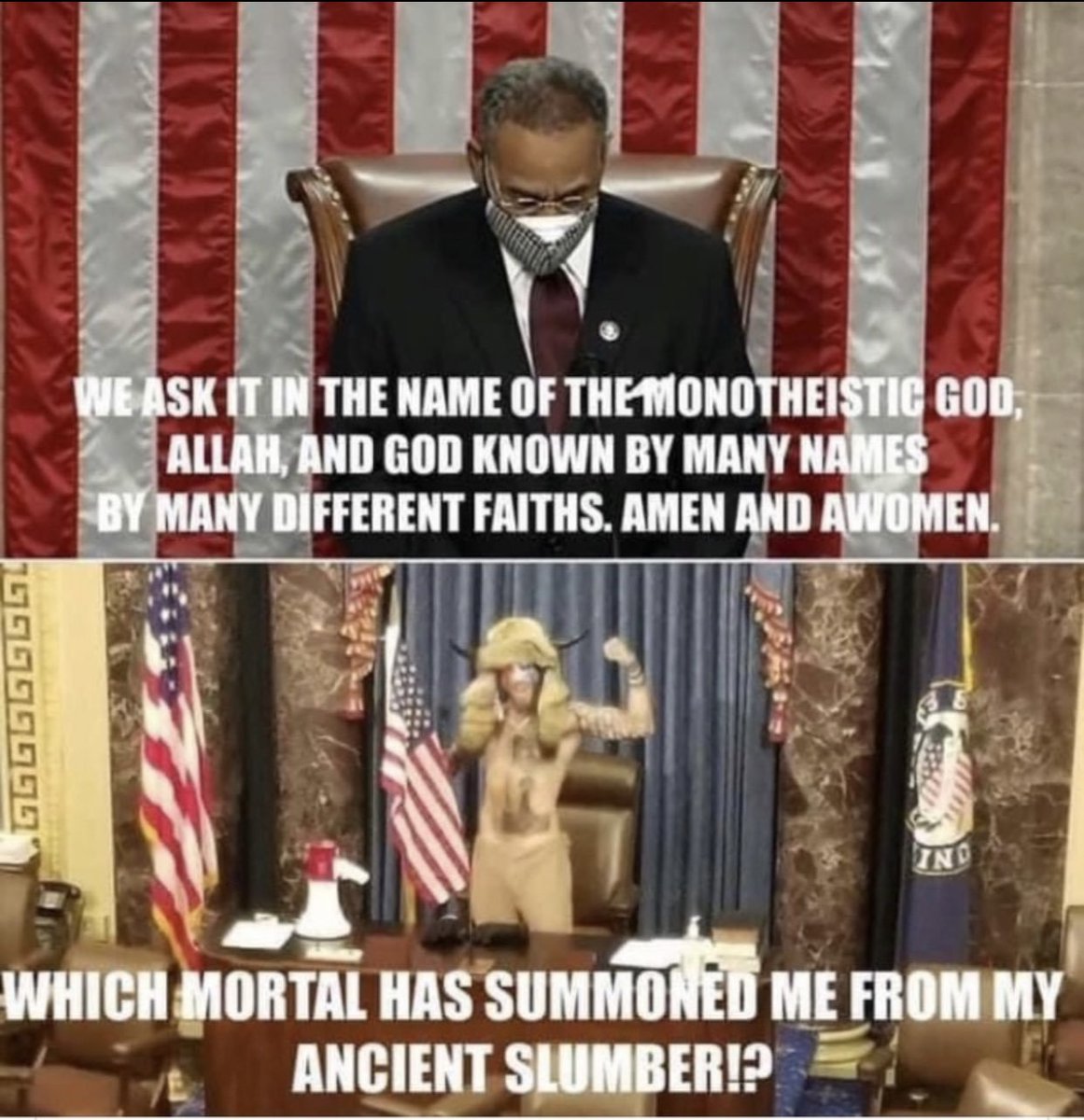
A thread in light of the present moment: We need to make a distinction between respectable nonsense (& evil) & despicable nonsense (& evil), with respectable meaning “engenders respect among mainstream society” & despicable meaning “provokes derision among mainstream society.”
I think many Bible-believing Christians want to speak truth, reject nonsense, and condemn evil wherever it occurs. But speaking truth about despicable nonsense is significantly easier, since our denunciations are cutting with the grain of mainstream, polite society.
We can let our denunciations fly, knowing that the only ones that might object are those who are despised by mainstream society. No need for nuance or distinctions, & easy to turn our condemnations up to 11. We discover words like "outrageous," "horrific," &, yes, "despicable."
On the other hand, speaking truth about respectable nonsense and evil is possible, but we are typically more careful and qualified and nuanced. What's more, these denunciations are either easily ignored by the powers that be or misrepresented by mainstream society.
As an example, think about the difference between the way that Christian condemnation about the Capitol riots were reported versus the way that Christian condemnation of transgender transition surgery is reported in the press. One is despicable evil; the other respectable.
Another example: the “Christian” elements of the Trump rally a few weeks back (with the shofar and such) is a good example of despicable nonsense. Easy to mock, easy to condemn, cuts with the grain of mainstream society. (And it really was nonsense).
Respectable nonsense would be the Rev. Cleaver’s prayer the other day (and I don’t mainly mean the Amen and A-woman part, which was apparently a lighthearted pun). I mean a “Christian” minister praying to "the monotheistic God, Brahma, who has gone by many names.”
From the mouth of a Methodist minister, that’s blasphemous (but respectable) nonsense. And it's typical, normal, reasonable, acceptable in polite society.
But here’s the thing: God doesn’t recognize our corrupt and self-justifying standards of respectability. And thus, he regularly unleashes despicable nonsense upon us in order to hold up a mirror to our respectable nonsense. As one meme captured it: 

So for myself, I simply make it a habit that, whenever despicable nonsense & universally condemned evil shows up, I try to remember all of the respectable nonsense & respectable evil that our society tolerates.
And I try to say Amen to God’s judgment on both, and resist the impulse to be shaped by what Richard Hooker called the “perverted and wicked customs” of our society that smother the light of natural understanding and obscure the law of God.
• • •
Missing some Tweet in this thread? You can try to
force a refresh


